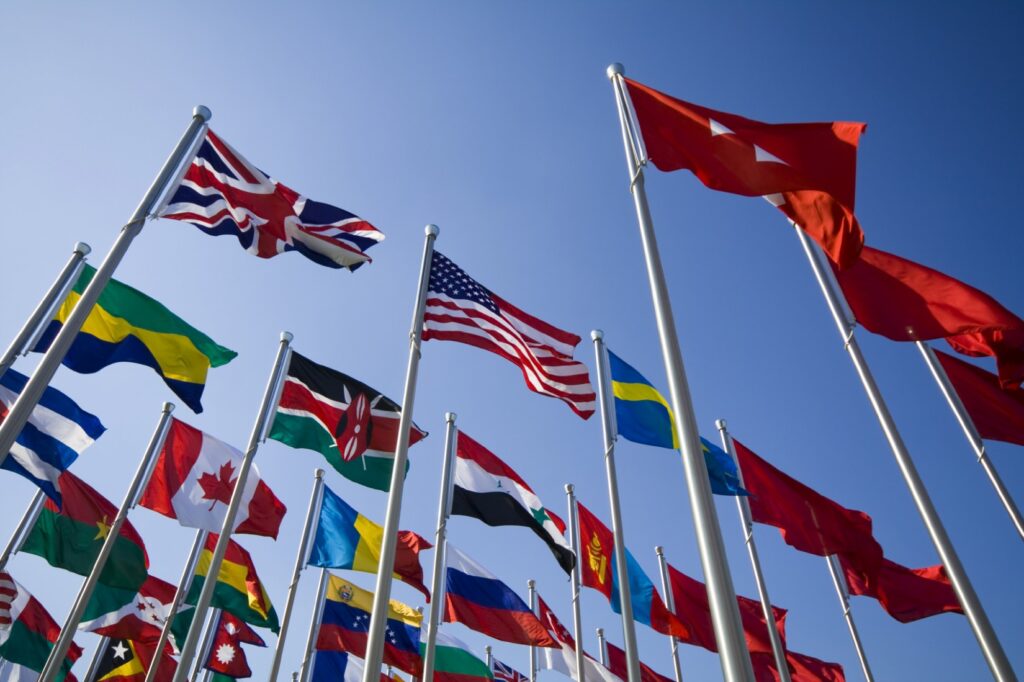
Currency exchange rates are a vital part of the global economy, affecting everything from international trade to personal travel expenses. These rates are dynamic and influenced by a myriad of factors, including international events. Understanding how global occurrences impact currency values can provide valuable insights for businesses, investors, and individuals. This article explores the key international events that influence currency exchange rates and explains the underlying mechanisms.
1. Economic Data Releases Economic indicators such as GDP growth rates, employment figures, inflation rates, and trade balances play a significant role in shaping currency values.
- GDP Growth: A country with a strong, growing economy typically sees its currency appreciate as investors seek opportunities there. Conversely, economic contraction can lead to depreciation.
- Employment Figures: Higher employment rates often signal economic health, boosting investor confidence and strengthening the currency. Poor employment data can have the opposite effect.
- Inflation Rates: Low and stable inflation is generally favorable for a currency. High inflation can erode purchasing power, leading to currency depreciation (Forex Ratings) (DailyFX).
2. Central Bank Policies Central banks influence currency values through monetary policies, including interest rate decisions and quantitative easing.
- Interest Rate Changes: Higher interest rates attract foreign capital, as investors seek higher returns, leading to currency appreciation. Lower rates can deter investment, causing depreciation.
- Quantitative Easing: When central banks inject money into the economy to stimulate growth, it can increase the money supply and potentially weaken the currency (Forex Ratings) (DailyFX).
3. Political Events Political stability or instability can significantly impact currency values.
- Elections: Elections can lead to uncertainty, especially if the outcome is unpredictable or if policies proposed by candidates are expected to affect the economy. This uncertainty can lead to currency volatility.
- Government Policies: Economic policies proposed or implemented by governments, such as tax reforms or trade agreements, can influence investor confidence and currency values.
- Geopolitical Conflicts: Wars, conflicts, and diplomatic tensions can lead to risk aversion, where investors move their capital to safer havens, affecting the currencies involved. Safe-haven currencies like the USD, CHF, or JPY may appreciate during such times (Forex Ratings) (DailyFX) (ExchangeRates.org).
4. Natural Disasters and Crises Natural disasters such as earthquakes, floods, and pandemics can have immediate and severe impacts on a country’s economy and currency.
- Economic Disruption: Natural disasters can disrupt economic activities, reduce GDP, and lead to increased government spending on recovery efforts, weakening the currency.
- Investor Sentiment: Crises can lead to risk aversion, with investors pulling out from affected regions and investing in more stable markets, impacting currency values (Forex Ratings) (DailyFX) (ExchangeRates.org).
5. Global Trade Dynamics Trade relationships and policies directly influence currency exchange rates.
- Trade Agreements: Positive trade deals can enhance economic prospects and boost a country’s currency, while trade disputes or tariffs can have the opposite effect.
- Trade Balances: A trade surplus (exports greater than imports) generally strengthens a currency as it reflects high demand for goods and services. A trade deficit can weaken the currency as it indicates higher demand for foreign currencies (Forex Ratings) (DailyFX) (ExchangeRates.org).
6. Commodity Prices For countries heavily dependent on commodities, the prices of these goods can significantly influence currency values.
- Oil Prices: For oil-exporting countries, rising oil prices can lead to currency appreciation as higher revenues boost economic health. Conversely, falling prices can depreciate the currency.
- Other Commodities: Similar impacts are seen with other key commodities like gold, metals, and agricultural products. Changes in global demand and supply for these commodities can drive currency fluctuations (Forex Ratings) (DailyFX) (ExchangeRates.org).
Conclusion International events play a crucial role in shaping currency exchange rates. By understanding the influence of economic data, central bank policies, political events, natural disasters, global trade dynamics, and commodity prices, individuals and businesses can better navigate the complex world of forex trading. Staying informed about these factors can help in making more informed decisions regarding currency exchange and investment strategies.
Stay updated on the latest international events and their impact on currency exchange rates by visiting Barex Exchange for expert insights and the best exchange rates. Our team is here to help you make the most informed financial decisions.
